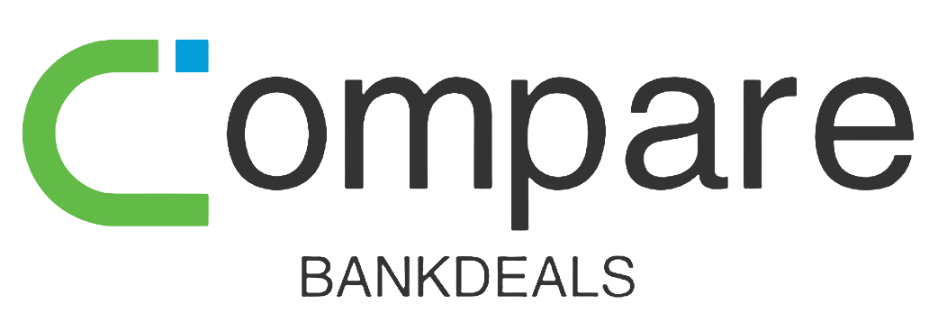The concept of hire purchase has gained significant popularity as a means of acquiring assets without making an upfront payment. Also known as an installment plan, a hire purchase agreement allows customers to enter into a contract where they pay an initial installment and subsequently repay the balance of the asset’s price along with interest over a specified period.
In this comprehensive blog post, we will delve into the meaning of hire purchase, explore examples, discuss different types, and analyze the pros and cons associated with this financial arrangement.
Meaning of Hire Purchase
Hire purchase (or HP) is an arrangement designed to facilitate customers who may have a cash shortage but wish to purchase an expensive asset. This agreement was first developed in the United Kingdom during the 19th century to provide an alternative to buyers who couldn’t afford to pay the full price of an item upfront. With hire purchase, the buyer has the opportunity to hire the goods by paying monthly rent, with the option to purchase the goods after paying an amount equal to the original full price plus interest. Unlike installment, the buyer does not own the item until the final payment is made in the hire purchase agreement.
Example of Hire Purchase
To better understand the concept of a hire purchase agreement, let’s consider an example. Imagine Sarah, a young professional, wishes to purchase a car worth $30,000. However, she doesn’t have the funds to make the full payment at once. In this scenario, Sarah can enter into a hire purchase agreement with a car dealership. She agrees to pay an initial deposit, let’s say 20% of the car’s price, which amounts to $6,000. Subsequently, Sarah would repay the remaining balance of $24,000 along with an agreed-upon interest rate over a fixed period, typically in monthly installments. Finally the ownership of the car is transferred to Sarah after the last payment.
Types of Hire Purchase
Hire purchase agreements can be categorized into two main types based on the functional purpose of the asset involved: consumer hire purchase agreements and industrial hire purchase agreements.
1. Consumer Hire Purchase Agreements:
Consumer hire purchase agreements are primarily utilized for purchasing items such as automobiles, high-value electrical goods, furniture, and appliances. These agreements are beneficial for individuals who are unable to pay for such items directly, allowing them to spread the cost over an extended period. By opting for consumer hire purchase, buyers can enjoy the immediate use of the asset while making affordable installment payments.
2. Industrial Hire Purchase Agreements:
Industrial hire purchase agreements, on the other hand, are commonly employed by businesses to acquire machinery, equipment, and other assets essential for their operations. This type of hire purchase allows businesses to avoid significant upfront costs, preserving their working capital while benefiting from the use of the asset. Industrial hire purchase agreements often come with different balance sheet and taxation treatment, which can be advantageous to the business’s taxable income.
Pros of Hire Purchase
Hire purchase arrangements offer several advantages to both consumers and businesses. Let’s explore some of the key benefits:
1. Affordability:
Hire purchase allows buyers to acquire expensive assets without needing to make a substantial upfront payment. This makes high-value purchases more affordable and accessible to a broader range of customers.
2. Flexibility:
With a hire purchase agreement, customers have the flexibility to choose the repayment period that suits their financial capabilities. Monthly installments can be tailored to align with the buyer’s income and budget, making it easier to manage payments.
3. Immediate Use:
One of the significant advantages of hire purchase is that the buyer can enjoy immediate use of the asset while paying for it over time. This is especially beneficial for businesses that require assets to operate efficiently or individuals who need essential items for their daily lives.
4. Preservation of Cash Flow:
By spreading the cost of an asset over a specified period, hire purchase allows businesses to preserve their working capital. This financial flexibility can be crucial for managing day-to-day operations, expansion plans, and unforeseen expenses.
5. Tax Benefits:
In certain jurisdictions, businesses may enjoy favorable taxation treatment for assets acquired through hire purchase. The ability to offset payments against taxable income can lead to significant tax savings, enhancing the overall financial position of the business.
Cons of Hire Purchase
While hire purchase offers several advantages, it’s essential to consider the potential drawbacks associated with this financial arrangement. Let’s examine some of the cons:
1. Interest Charges:
Hire purchase agreements typically involve an interest component, which adds to the overall cost of the asset. Buyers should carefully consider the interest rates and calculate the total cost to ensure it aligns with their budget and affordability.
2. Ownership Transfer:
Until the buyer completes all the installments and pays the predetermined price, the ownership of the asset remains with the seller or finance company. This means that the buyer does not have full ownership rights until the contract is fulfilled.
3. Repossession Risk:
If the buyer defaults on the installment payments, the owner retains the right to repossess the goods. This repossession can result in the buyer losing the asset and the money already paid towards it, posing a significant risk for the buyer.
4. Limited Customization:
In hire purchase agreements, buyers typically have limited customization options for the asset. Since the ownership remains with the seller or finance company until the contract is completed, modifications or alterations to the asset may require special permissions or approval.
Conclusion
Hire purchase provides a viable solution for individuals and businesses looking to acquire assets without an upfront payment. By spreading the cost over a defined period, this arrangement allows buyers to enjoy immediate use of the asset while making affordable installments. However, it’s crucial to consider the interest charges, ownership transfer limitations, and the risk of repossession associated with hire purchase. By thoroughly understanding the terms and conditions, buyers can make informed decisions and leverage the benefits of hire purchase while mitigating potential drawbacks.



